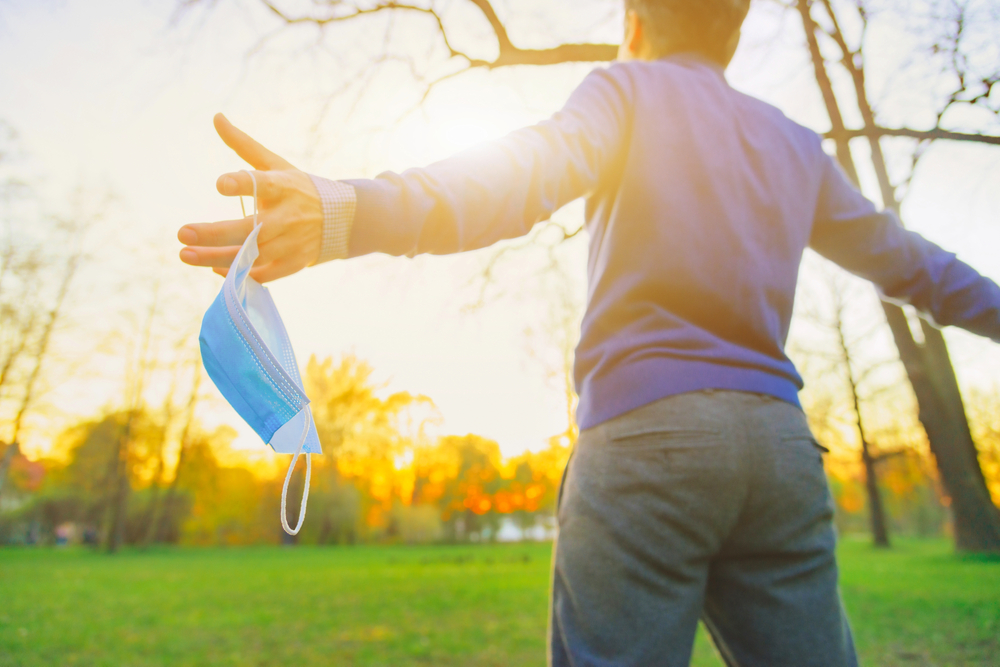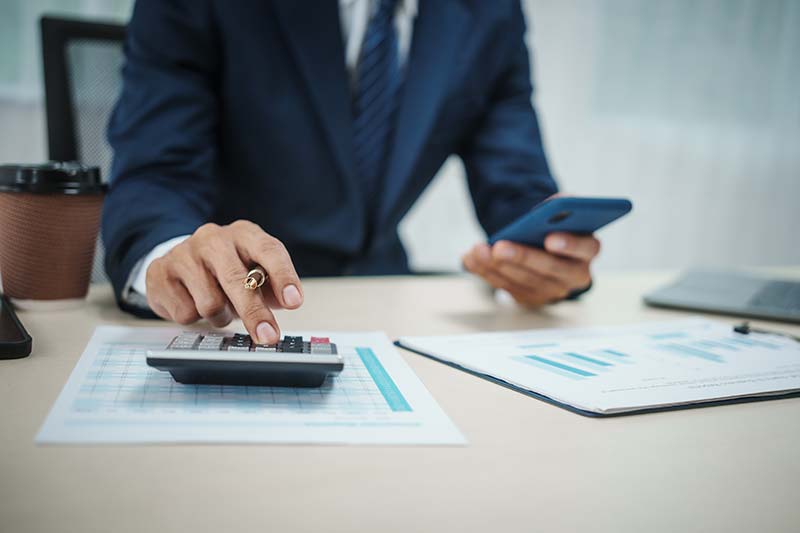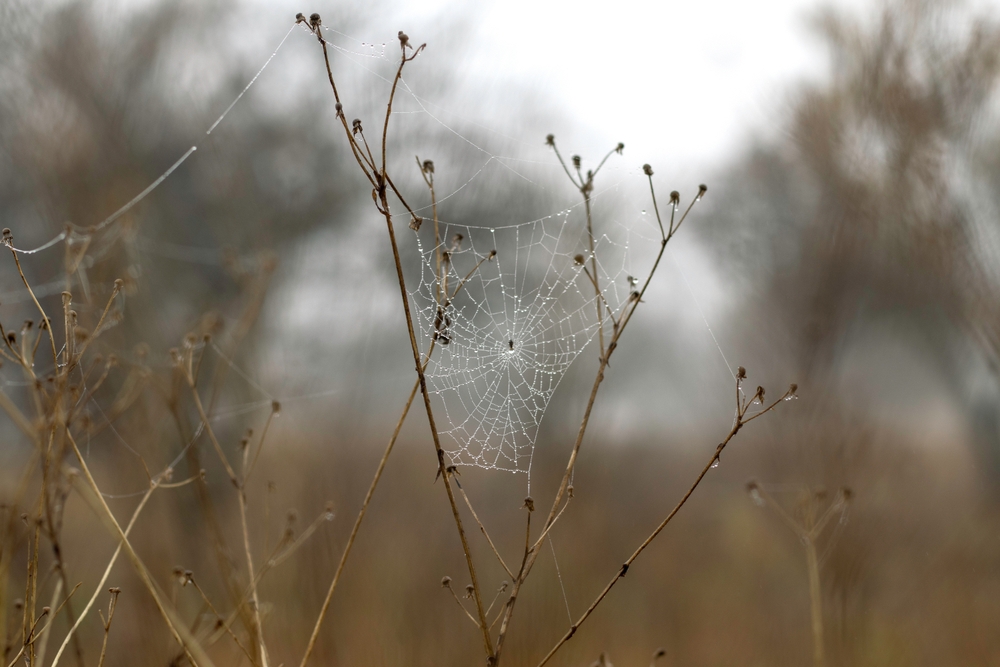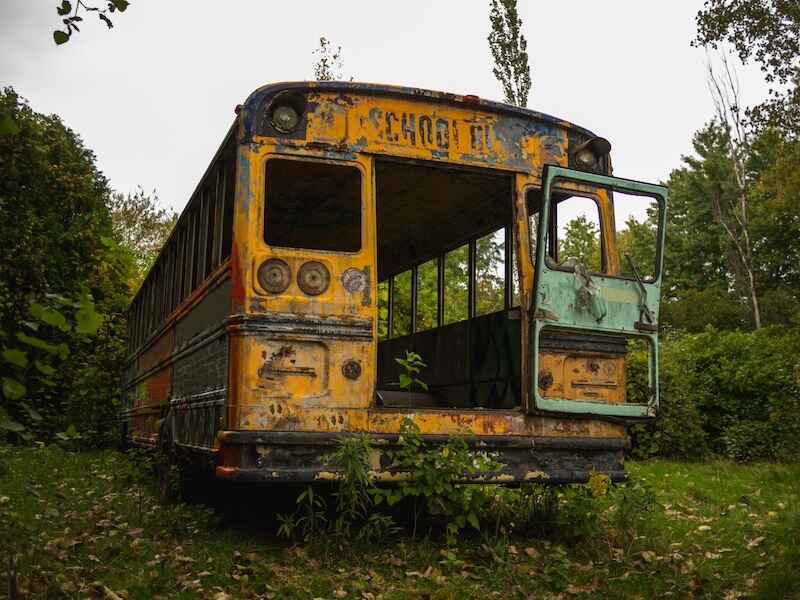6 Investments in a Post-Pandemic World
Joel Salatin|April 20, 2021

The events of the past year have made more folks feel vulnerable than I’ve seen in my lifetime.
When broad-based vulnerability spreads across the land, people begin doing what folks like me are doing.
As I’ve written before, interest in backyard gardens, chickens and domestic culinary arts is surging these days.
So what do these trends say for where we should be investing our time, money and energy?
An Oasis
As an ecological farmer, I’m on the outside looking in. Our animals don’t have COVID-19… and neither do our plants, earthworms and soil.
The point is that as a farm family, we live in an oasis, or perhaps an island, in a sea of unsettledness.
Because we direct market to individual families and ship our meat and poultry directly to households, we hear the fear and see the changes… but our day-to-day world continues not much different from what it was two years ago.
We get up in the morning, move chickens, plant vegetables, move cows, make hay, cut wood and mill lumber. As a practical matter, we almost have to pinch ourselves from time to time to appreciate that our world of sameness differs dramatically from most people’s realities.
Our priorities for resilient food, water and shelter haven’t changed. That’s not to say we are completely independent, but when we consider what would need to happen for our systems to break down, we’re encouraged.
By the time survival becomes difficult for us, it would be impossible for 99% of the population.
I’m not saying this to be cocky. But it shows how things can be different.
Doing Things Differently
We don’t use chemical fertilizer or herbicides or pesticides – we compost. In fact, we use pigs to turn the compost rather than machinery.
Our cows eat no grain, and we manage them with high-tech portable electric fencing energized by solar-powered energizers.
We have 10 miles of gravity-fed waterlines pressurized from high-terrain permaculture-style ponds.
We heat with wood and have a band saw mill to fabricate any size lumber.
Perhaps most important, we direct sell to thousands of individual families and businesses.
Of course, all of these practices, instituted gradually over half a century, were summarily mocked by conventional agricultural experts.
The message from on high was singular: export… chemicals… grain.
Then the shelves went bare. Then the Suez Canal got blocked. Then Janet Yellen asked for a global corporate tax.
And people begin to wonder.
What if I can’t get food from the supermarket? What if I can’t get parts for my car? What if the power grid shuts down? What if I can’t get water?
And that wondering leads to new investments – of time, money, interest and attention.
Here are six I see trending higher…
Six Investments in a Post-Pandemic World
1. Personal health. Who wants to be dependent on the pharmacy when things start breaking down? Herbalists, wellness coaches, alternative healing therapies and self-treatment options are seeing a tsunami of interest.
2. Authentic food. Production, sourcing and dependability all dovetail as people realize junk makes us vulnerable to sickness. If money becomes precious, we’ll spend it on nutrition instead of Disney. That’s a good trade.
3. Energy reliability. From solar panels to hyperinsulation, we’re scrambling to unplug from the energy umbilical. I read about a farmer who floated a windmill on his farm pond to run an electrolysis machine to separate hydrogen. He runs his machinery and generators on hydrogen.
4. Water inventories. Rain barrels and backyard fishponds are functional and ecological. What if bottled water went away tomorrow? What if you turned on your shower and no water came out? (Perhaps a swimming pool serves multiple purposes?)
5. Skills to barter. If things break down, one of the best personal assets is a skill you can trade for other services or goods. We won’t need grant writers and compliance officers. We’ll need people who know how to build, fix and grow stuff. Those of us in the self-reliance educational space are inundated with new interest.
6. Localization. This is the crowning emphasis in this new awareness. All this just-in-time inventory and cheapest sourcing have built-in fragilities. When we locate more of our necessities of life nearby, we have more direct control and opportunity. From micropod schools to community food hubs, the localized small-is-beautiful template now offers real solutions.
Anyone in these spaces within our culture is experiencing unprecedented demand right now.
Don’t forget that all of these interests aren’t new.
Our new sense of vulnerability has simply brought them to the surface and stamped them “URGENT.”

Joel Salatin
Joel Salatin calls himself a Christian libertarian environmentalist capitalist lunatic farmer. Others who like him call him the most famous farmer in the world, the high priest of the pasture, and the most eclectic thinker from Virginia since Thomas Jefferson. Those who don’t like him call him a bioterrorist, Typhoid Mary, a charlatan, and a starvation advocate. With a room full of debate trophies from high school and college days, 12 published books, and a thriving multigenerational family farm, he draws on a lifetime of food, farming and fantasy to entertain and inspire audiences around the world.



